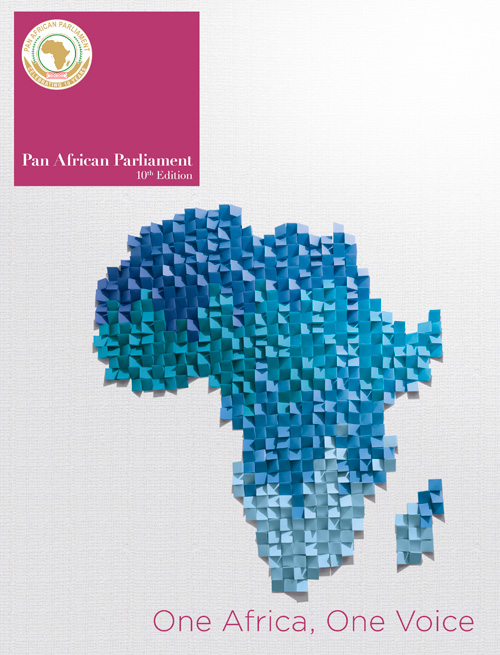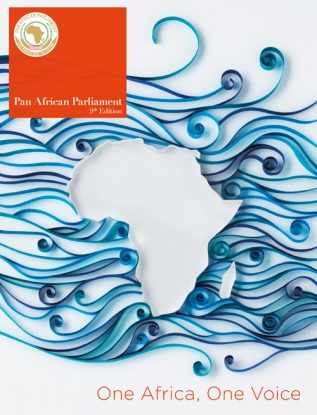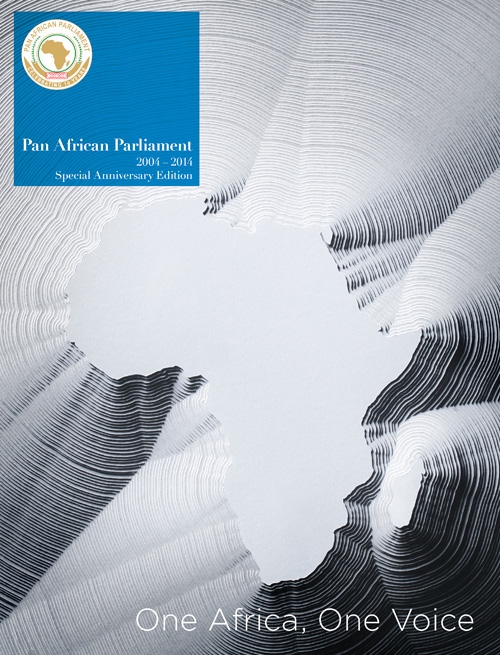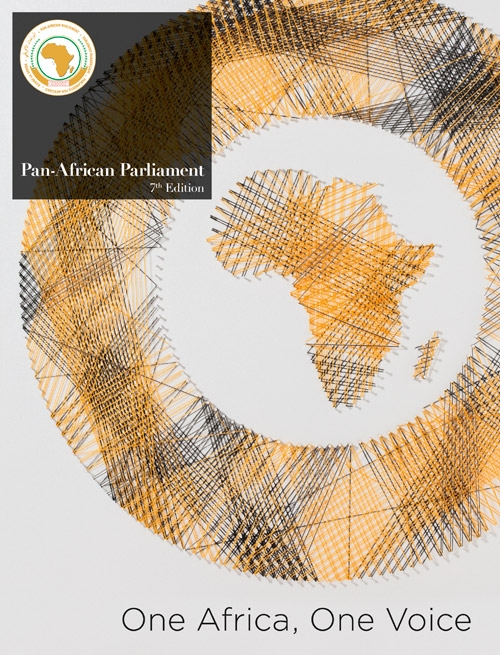
The PAP is an organ of the AU with a mandate, among others, to ensure good governance, advocate for democracy and human rights, and ensure that in applying its own systems and governance protocols, it does so with integrity, says the PAP’s Acting Clerk, Yusupha Jobe.
With this in mind, says Jobe, the PAP has experienced one its most active years to date, including four new signatories to the Revised PAP Protocol: Mali, Benin, Guinea-Bissau and Mauritania. Mali is the only country that has ratified and domesticated the Protocol.
In pursuance of the objective of good governance, the PAP undertakes Election Observation Missions, mainly in Africa. Such missions are not just limited to National or Presidential elections but also Parliamentary, Council and Provincial legislatures elections.
In the past year, the PAP has observed 21 elections, namely in Togo, Mali, Zimbabwe, Rwanda, Swaziland, Guinea, Cameroon, Madagascar, Guinea-Bissau, Algeria, South Africa, Malawi, Egypt, Zambia, Lesotho, Nigeria and Sudan. ‘These missions aim to secure the credibility of National electoral processes, and it is worth noting that there has been great improvement in this regard,’ says Jobe.
‘We ensure that the principles of democracy, rule of law, human rights, and free and fair results are achieved. The rationale is that the minimisation of electoral fraud will guarantee people’s confidence in the democratic process, and thereby avoid post-election conflicts and the ensuing violence that has claimed the lives of many innocent people especially women and children. This can often be a considerable challenge in terms of the associated management and logistics because the PAP has to work together with the AU to achieve this mandate.
‘The PAP is pursuing the opportunity to undertake this work independently, especially given the fact that it is itself a Parliament and has much experience with democratic elections and Parliamentary processes.’
PAP Protocol has been amended to endow the PAP with legislative functions to assist with the deve-lopment of draft model laws applicable to all Member State Parliaments. ‘We see this amendment as crucial to support the harmonisation of legislations on the continent,’ according to Jobe. ‘It will also create a legal framework for continental integration, particularly in the areas of trade and the free movement of people.
‘It will also create a legal framework for continental integration, particularly in the areas of trade and the free movement of people’
‘Should the PAP be able to work in conjunction with Regional and National Parliaments, it will also remove current barriers that militate against the growth of inter-African co-operation. Effectively, our leaders have started a process of building a strong democratic institution that will help continental efforts to deepen democracy, good governance, transparency and accountability, which are the prerequisites for development, peace and stability. ‘The main challenge facing Africa is conflict. Conflict zones exist in South Sudan, Libya, Democratic Republic of Congo, Burundi, Central African Republic and Saharawi Arab Democratic Republic.
‘This is a concern for the PAP’s Permanent Committee on Co-operation, International Relations and Conflict Resolutions that have compiled reports on the impacts of Boko Haram, election trends, challenges and perspec-tives of recent elections, and the role of AMISOM in Somalia. The peace and security situation in Africa still remains volatile despite numerous efforts to reverse it.’
Jobe says that Agenda 2063 has also been given serious attention by the PAP, specifically to ensure that the Agenda builds upon – and brings on board – the PAP programme and experiences and solicits inputs of the PAP Technical Team on the draft Agenda 2063 document in facilitating its finalisation and implementation, among other imperatives.
The PAP believes that women and youth are the true agents of change on the continent. ‘The latter is crucial,’ says Jobe.
‘Given that the Agenda 2063 framework is designed against the backdrop of prior continental frameworks that regrettably failed – and that those were authoritatively linked to the absence of a strong continental co-ordi-nating mechanism – the transformation of the PAP from a consultative and advisory body to an institution with legislative competence, needs to be incorporated into Agenda 2063.
‘The forthcoming year will see the PAP focused on strengthening platforms for women, the youth and civil society groups to engage with parliamentarians on issues and challenges facing the continent. This is
the PAP that is the voice of the people.’
Jobe explains that yet a further focus of the PAP will be in strengthening its relationships with the European Parliament, the European Union and the United Nations, African Development Bank, GIZ and other multilateral agencies, as well as its host country, South Africa, to deliver more effective outcomes, especially when it comes to the support of programmes and projects.







